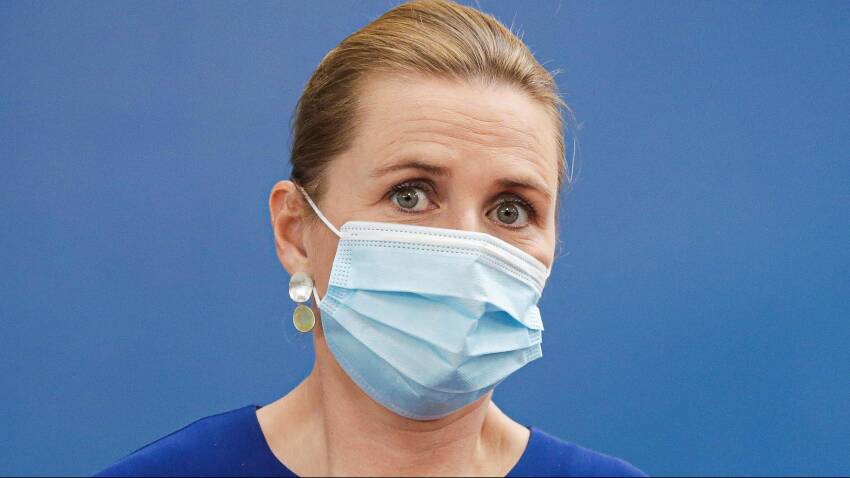The current restrictions will be extended until January 17, according to the Prime Minister.
Everything that applies today now also applies until and including 17 January.
That is the message from Prime Minister Mette Frederiksen (S) at a press conference tonight.
– The situation in relation to infection rates, hospitalizations and death rates is now more serious than it was in the spring, she says.
Therefore, the government is now extending the closure of Denmark.
This means, among other things, that school children and students are still not allowed to go to school and their educations, and that shops and restaurants must continue to be closed.
It applies
-
All stores except grocery stores, pharmacies and opticians must remain closed.
-
Restaurants, bars and cafes must be closed – takeaway is allowed.
-
Liberal professions such as hairdressers, masseurs and tattooists must be kept closed.
-
Schoolchildren and students can not come in after the New Year.
-
Public employees who are not in critical functions must, as far as possible, work from home.
-
Indoor club and sports life must stay closed – so must gyms.
However, the day care institutions for the youngest children remain open.
– It is the health authorities’ assessment that it is still responsible to keep the day care institutions open, and therefore we ask the educational staff to take another turn, says the Prime Minister.
The restrictions were introduced from 17 December and initially ran until 3 January, but are now being extended.
Serious situation
Despite the partial closure of the country, coronatal rates remain high. In the last 24 hours , a further 2,621 cases of corona infection have been found, while the so-called contact number has increased from 0.9 last week to 1.2 this week, which corresponds to 10 infected passing covid-19 on to 12 others.
And it is not least the number of inpatients in the country’s corona wards that worries. There are currently 900 corona patients across the country – 73 of them are on a respirator. The Capital Region of Denmark and Region Zealand in particular are under pressure and are regularly postponing operations and treatments.
And it is very serious, says the director of the National Board of Health, Søren Brostrøm.
– We have seen some very large, worrying jumps especially in the eastern part of Denmark, and even though we see some smaller jumps now than before, it is not certain that the curves are broken, he says.



